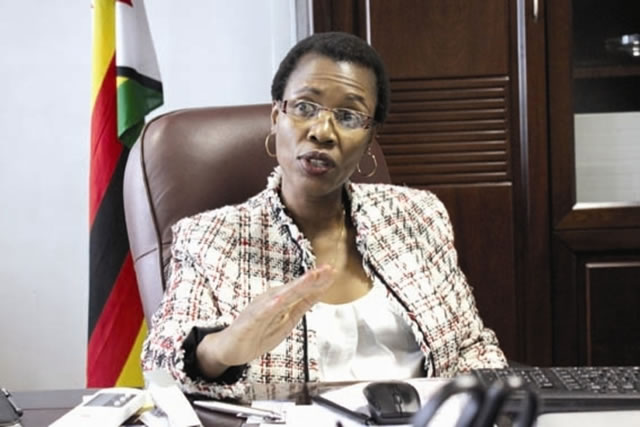Zesa to install US$100m smart units

Felex Share Herald Reporter—
Zesa Holdings will fork out more than US$100 million to install 300 000 smart units as it moves to dump the two-year-old prepaid meter system. The power utility will also part with about US$7 million for Meter Data Management (MDM), a central system that enables remote communication with installed smart meters country wide.
Zesa said the prepaid metres, installed at a cost of US$60 million, were being tampered with by some consumers.
Some of the 400 000 prepaid meters installed to date could be modified to enable them to report to the central system, to curb abuse that has prejudiced the power utility of large sums of money.
Zesa officials described the installation of smart units as an investment that would see the power utility increasing its monthly revenue by almost 15 percent.
Zesa’s mean monthly revenue stands at US$50 million amid reports that it has been losing more than US$10 million monthly due to power theft and leakage through the prepaid meters.
A document prepared by Zesa engineers said the smart metering system, which comes barely two years after the power utility adopted the prepaid meter system is not only expensive but also technologically risky.
The current pre-paid meters cost about US$100 each, while a smart meter costs about US$350, meaning the power utility will use more than US$105 million on the project.
Prepaid meters would have cost US$35 million.
Installation of the smart meters is expected to be complete by year end and a pilot project is expected soon.
Fears are high that Zesa does not have sufficient resources to implement and sustain such a system.
The alleged faulty pre-paid meters being ditched were supplied by Solahart, ZTE, Finmark and Nyamazela of South Africa; who were contracted to supply 500 000 units.
The massive leaks of pre-paid meter units have seen more than 4 000 properties in Harare using electricity for free through by-passing the meter.
Zesa has to go to tender again for the supply of the additional 300 000 meters to meet the Zim-Asset target base of 800 000 units.
Zesa spokesperson Mr Fullard Gwasira confirmed the power utility was switching to smart meters saying the move was adopted because of changes in technology.
Energy experts said instead of migrating to smart meters, Zesa should have tightened specifications for pre-paid meters to reduce tampering and revenue loses.
Said Mr Gwasira: “A pilot project will be done to ensure that the system efficiently services customers once a full roll-out programme is executed. The decision to migrate to smart metering ties well with the ZETDC strategies of achieving energy efficiency, promotion of renewable energy alternatives and revenue protection.”
Responding on the high costs of installing the new system, Mr Gwasira said the move was a “business decision”.
“Engineering decisions are not based on price alone because sometimes what might appear expensive at face value may be the cheapest solution from a cost-benefit perspective,” he said.
“There is price convergence for the two metering technologies and the determining factor is not price anymore. The power utility made a thorough assessment of the whole project and a business decision was arrived at that initial capital outlay alone without factoring in the lifetime operational costs and benefits to the customers would not be in sync with the ideals of the organisation.”
Mr Gwasira said Zesa’s proposed financial model would ensure the project was self-financing.
“Under the arrangement, contractors will supply and install meters and will be paid from revenue collected from the meters installed over a 12-year period,” he said.
Zesa sources said while the prepaid meters could be modified to suit the specifications of a smart meter, most of the power utility’s engineers did not have the expertise to run a smart metering project.
“We are banking on one individual we have, Engineer Wilfred Shereni who has successfully rolled out and consulted on smart metering solutions in a number of countries.
“This means one person will be loaded with work,” the source said.
“The prepaid meter has a dormant smart metering functionality which can be activated by putting in a few additional components or gadgets.
“Just before roll out of those meters two years ago, changes were made to the initial specification used at tender to make the meters smart compliant without increasing the cost.”












Comments